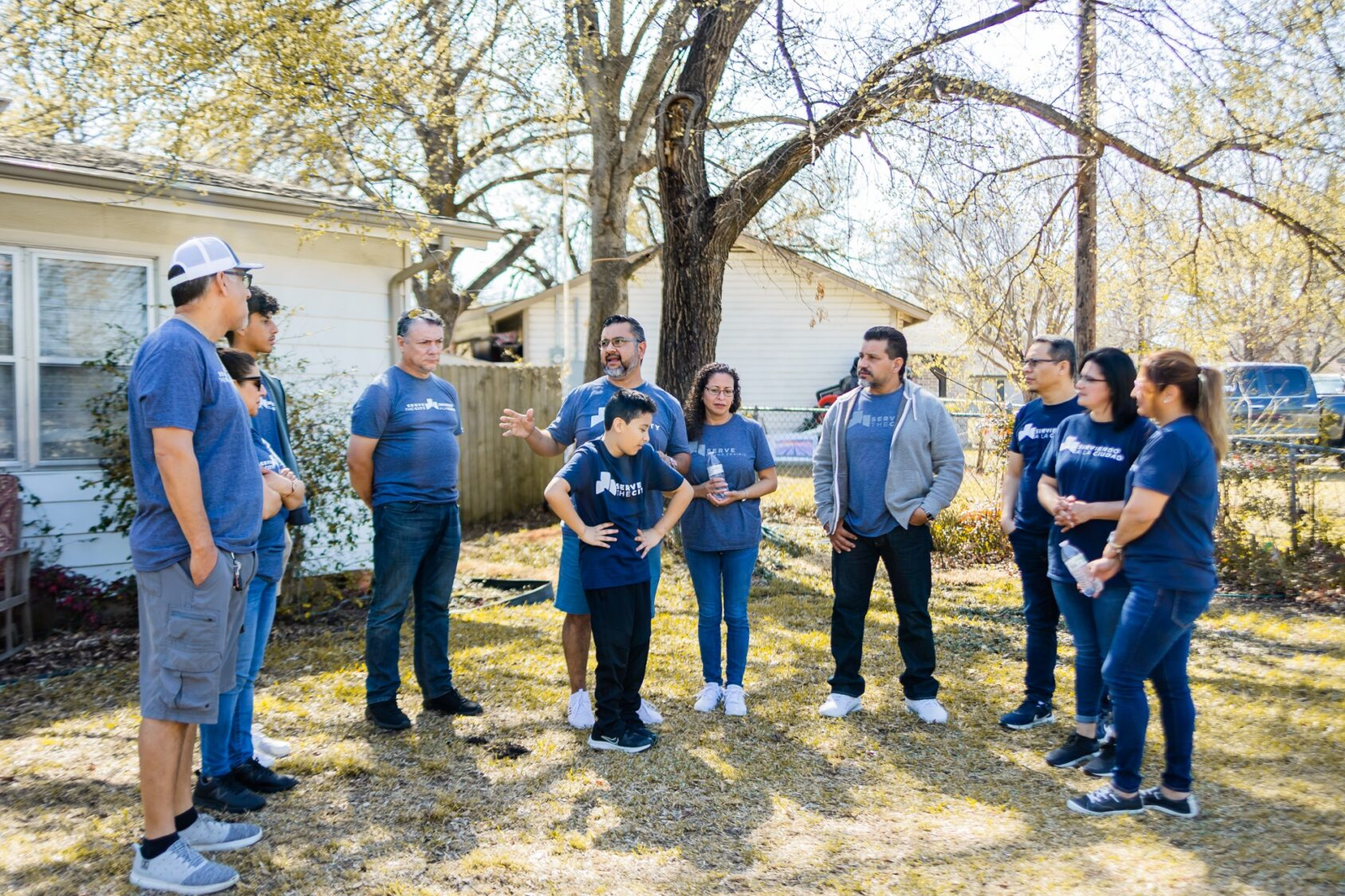People, after all, are social beings. From the moment we are born, the people surrounding us influence not only our physical health, but also our joy, and even the length of our lives. However, a wired world that is more connected than ever, most of us still suffer from loneliness, lack of connection, or feeling unsupported. These results do not allow for any doubt: social connection is not just an optional “nice to have” feature—it is indispensable for our health, equivalent to a healthy diet or regular physical exercise.

Social isolation and loneliness are not just fleeting moods—they are actual medical conditions with serious health consequences. The World Health Organization says that those without good social connections are 30% more likely to die prematurely, a risk factor comparable to smoking, excessive alcohol use, or obesity. These impacts span all aspects of health, raising the risk of heart disease, stroke, diabetes, depression, anxiety, dementia, and suicide. Harvard scientists discovered that feeling socially isolated could increase the risk of early death as much as 29%, and the U.S. Surgeon General designated loneliness as a national epidemic, with about half of American adults dealing with it.
What really makes connections so important? Our relationships are like the foam padding that protects us from life’s stings and, on top of that, they serve our mental health by allowing us to handle anxiety, depression, and even daily problems. More than being feasible through mentally good friendships and family relations, these relations may even become a tool to help us realize better living habits, from eating better to exercising and getting better sleep. Communities that encourage bonding, for instance, neighborhoods, companies, or church members, build trust and resilience that allow people to survive difficult times together in a better way.
The findings are based on worldwide studies. The CDC has discovered that having good-quality relationships can significantly reduce the risk of getting chronic diseases. Social support is important in alleviating the symptoms of depression and anxiety regardless of the population, i.e., the medical staff, the newborn’s mothers, etc. The Harvard study shows that the older volunteers have better physical and mental health, for instance, memory and mobility.
It is, however, not always easy, especially as grown-ups, to develop and keep friendships through the years. Social life can be a luxury that careers, family, and caregiving may make impossible. Due to the big changes in your life or even changing the city you live in, it may become harder for you to find new friends. Also, for adults with ADHD, this process of making friends may be more difficult. A person with ADHD may find it hard to focus, they may be impulsive or have a memory problem, and this can make it difficult for them to keep in touch or remember important things about the other person. As ADHD coach Cynthia Hammer explains, understanding these problems and using tools such as reminders or focusing really hard when the other person is talking can be a great help in keeping strong relationships.
If adverse childhood experiences or ACEs didn’t confuse matters enough, now they’re implicated in the connection difficulties. The CDC says that almost 67% of adults in America have experienced at least one ACE, such as physical or sexual abuse, abandonment, or family chaos. And these early encounters can shape an individual’s ability to build healthy relationships with long-term impacts that go on to affect the person during adulthood. The chronic stress caused by ACEs can change the way the brain develops and responds to stress, leading to a situation where it is hard to make connections and health problems are more likely to occur.
The nice thing about the whole matter is that it is possible at any stage of our lives to continue to develop/maintain our connections. New friends are typically made through small steps such as contacting someone with whom you once had a nice conversation, becoming a member of a club or a gym, volunteering, or even accepting social invitations. The Mayo Clinic considers quality more important than quantity – having a few close, supportive friends may be much more beneficial to your overall health than having a large network of casual acquaintances.
No less important are the communities. Community places created for the public, such as parks, community centers, and churches that are easily accessible and safe, are the places people can go to get together with others, get rid of loneliness, and feel connected. Kindness and volunteering are mutually beneficial to the giver and receiver and eventually lead to the better health of individuals and communities.
Optimism and spirituality also help to foster connection. Studies by Harvard’s Tyler J. VanderWeele indicate that being active in spiritual or religious communities is associated with reduced levels of depression, substance abuse, and premature mortality. Optimism—expecting the future to be good—is uniformly linked with improved health and longer life.
Shifting our perspective on loneliness is as important as forging connections. As Jeremy Nobel of Harvard suggests, loneliness is a biological cue—similar to thirst—alerting us that we require human connection. Loneliness is not a sign of weakness; it’s a reminder to connect, reach out, and remember that we all need connection.
Social bonding is a public and personal health priority. Through friends, family, community, and common purpose, tending to our connection to others is perhaps the most effective means of safeguarding our health and enhancing our existence.
